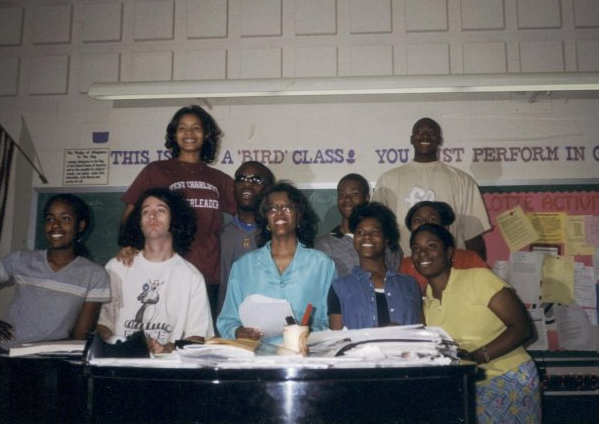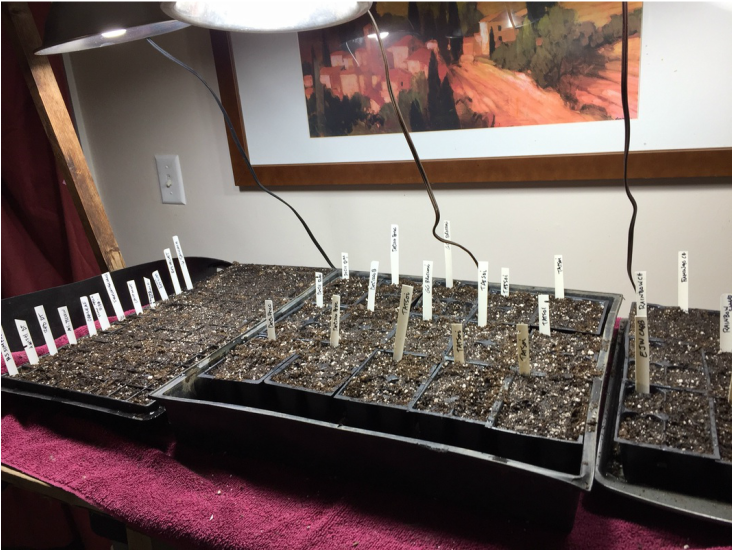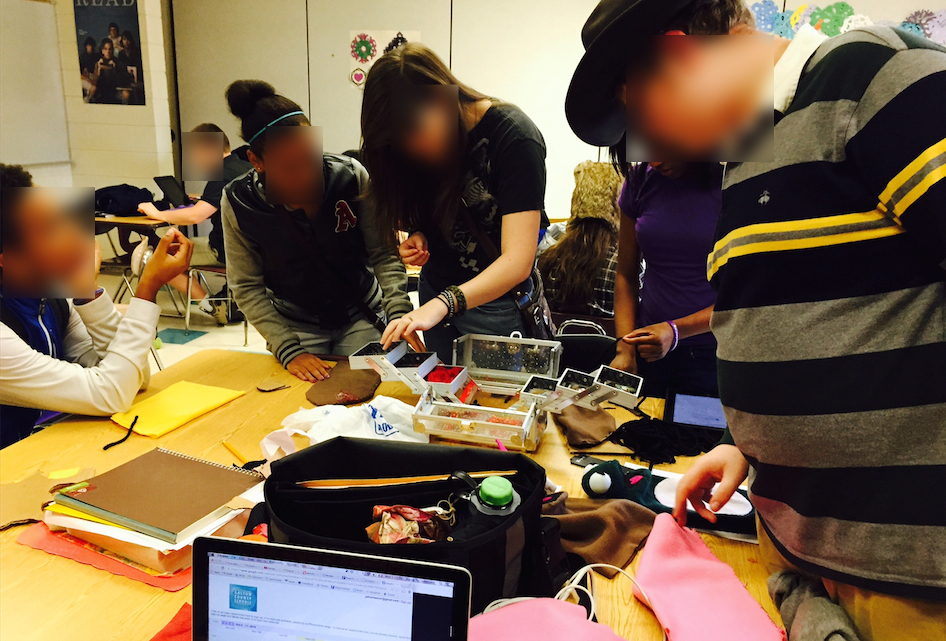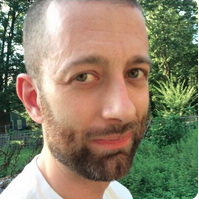It's hard to brag.
I also have dozens of assignments and structures in my own classroom that I'm proud of, as well as lots of things I've screwed up (that you could charitably call "learning experiences"). I like the student-centered infrastructure, which is not dissimilar to the one Karl writes about here. I like the work on Hour of Code and presentation skills and patterning and website building - all skills that my students need to be successful in their future lives. And the Pretty Much All Online Class I ran? Didn't work out too well.
But my two favorite assignments are these:
At the beginning of many English classes, I have my students read Jamaica Kincaid's short story "Girl." If you haven't read it, it's basically a list of things the narrator's mother lectured her about when she was a little girl. They progress from basic ("Wash the white clothes on Monday and put them on the stone heap") to much more devastatingly serious ("this is how to make a good medicine to throw away a child before it even becomes a child"). I have students write their own version of this piece, from the voice of their own parent. Believe me, it's a great way to get inside students' heads - to see what kinds of things they are being taught at home, what type of relationship they have with authority figures, what they are interested in, what they wish they could do, but can't.
These classes tend to culminate with a reading of Tim O'Brien's The Things They Carried. In the middle of that book, there's a short story called "How to Tell A True War Story" that says, in part, "true war stories make the stomach believe." The whole story (and whole novel) toys with the reader's perception of truth and fiction, and how your understanding of your own past can change with age and perspective. And that stories can be true without being factually accurate. Anyway, I ask students to write the story of their own transformation. They can tell it straight, as it happened, or they can choose to completely fictionalize it.
These stories frame the class in a beautiful way. Though the classes are ostensibly about analysis of theme or argument, these two assignments make analysis personal. And that's really my best thing- taking distant texts and making them personal, using them as a vehicle to build relationships among the students in the class, helping students see each other as people and not obstacles to be conquered on the way to becoming a Junior Marshal.
It doesn't always work, but when it does? That's the best of things.




 RSS Feed
RSS Feed
